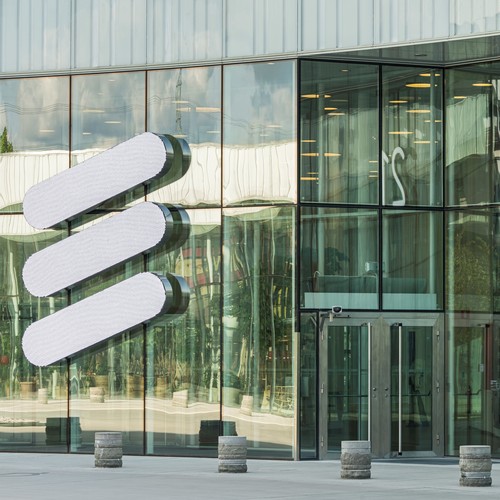Also in today's EMEA regional roundup: BT makes quantum leap; Richard says no to golden handshake; Telefónica leads investment in wearables-for-seniors startup.

Also in today's EMEA regional roundup: BT makes quantum leap; Richard says no to golden handshake; Telefónica leads investment in wearables-for-seniors startup.
Ericsson has announced a new management structure, with a couple of new "business areas" being cobbled together and two executives heading for pastures new. A new Cloud Software and Services unit, to be headed up by Per Navinger, combines what were the Digital Services and Managed Services units, while a new Enterprise Wireless Solutions unit, to be run by George Mulhern, comprises the Cradlepoint and Dedicated Networks morsels of the previous management smorgasbord. Arun Bansal and Peter Laurin are both leaving the company. The changes are being made, says Ericsson in classic corporate-speak, to "execute on growth strategy." The reshuffle takes effect June 1.
BT is trialing something it's calling quantum antenna technology, which uses "excited atomic states" (hello Nevada!) that it believes could boost the capability of 5G and IoT networks. Here comes the science part: Atomic receivers work by using "electromagnetically induced transparency" to form a highly sensitive electric field detector – theoretically more than a hundred times more sensitive than traditional receivers, reckon BT's boffins. Such technology could form the basis of ultra-sensitive 5G receivers for use in very low-power passive mobile networks, its backers believe.
Away from the labs, BT has also unveiled a new "charter" for its 1.2 million UK business and public sector customers in which it commits to investing almost £100 million (US$124 million) over the next three years in its sinister-sounding "Division X" unit and launching new cyber defense and assessment tools, among other things. Announcing the charter, BT's Enterprise unit CEO, Rob Shuter, said enigmatically: "We'll continue to put purpose at the heart of our business." Sounds like a plan.
Stéphane Richard, the former Orange boss who stepped down after being handed a one-year suspended jail sentence for his part in a long-running fraud case, has decided to waive a €475,000 ($499,000) "exceptional compensation" offered to him by the operator's board of directors after "certain shareholders" voiced their astonishment at the proposed payment.
Telefónica has led the investment round in Durcal, a Spanish startup focused on health-related wearables for older people. Durcal's flagship product is a "non-stigmatizing" smartwatch that has integrated GPS with built-in SIM to work inside and outside the home, allowing family members to know in real time where the person wearing the watch is or to measure vital signs that can be viewed from the accompanying Durcal app. The investment round raised €8 million ($8.4 million).
After pressure from the European Commission, amongst others, Microsoft says it plans to make it easier for European cloud providers to host the tech giant's software. As Bloomberg reports, the Commission received a complaint last year from French cloud firm OVH about how Microsoft's licensing terms made it difficult for the company to run Microsoft's cloud-based products.
Sweden's Tele2 is to supply a private 5G network to X Shore, a boatbuilder based in Nyköping. X Shore will use its 5G network to wirelessly connect equipment to collect data and maintain and control production.
If their call really is important to you, you need to prove it. That's the basic message from UK communications regulator Ofcom in its latest reprimand of the country's telecom industry. In its report on service standards at telcos, Ofcom records that the average time that mobile customers had to wait to speak to a human being rose again in 2021, to 2 minutes and 15 seconds, with O2's customers drumming their fingers for the longest. Waiting times fell for customers of most major landline and broadband providers, though only Plusnet, Sky, Virgin Media and Vodafone reduced them to pre-pandemic levels. Things went badly wrong at KCOM, the regional provider based in the northern city of Hull – its customers had the longest average call waiting time last year at 8 minutes and 53 seconds, which more than doubled from 2020.
— Paul Rainford, Assistant Editor, Europe, Light Reading
Read more about:
EuropeAbout the Author(s)
You May Also Like











